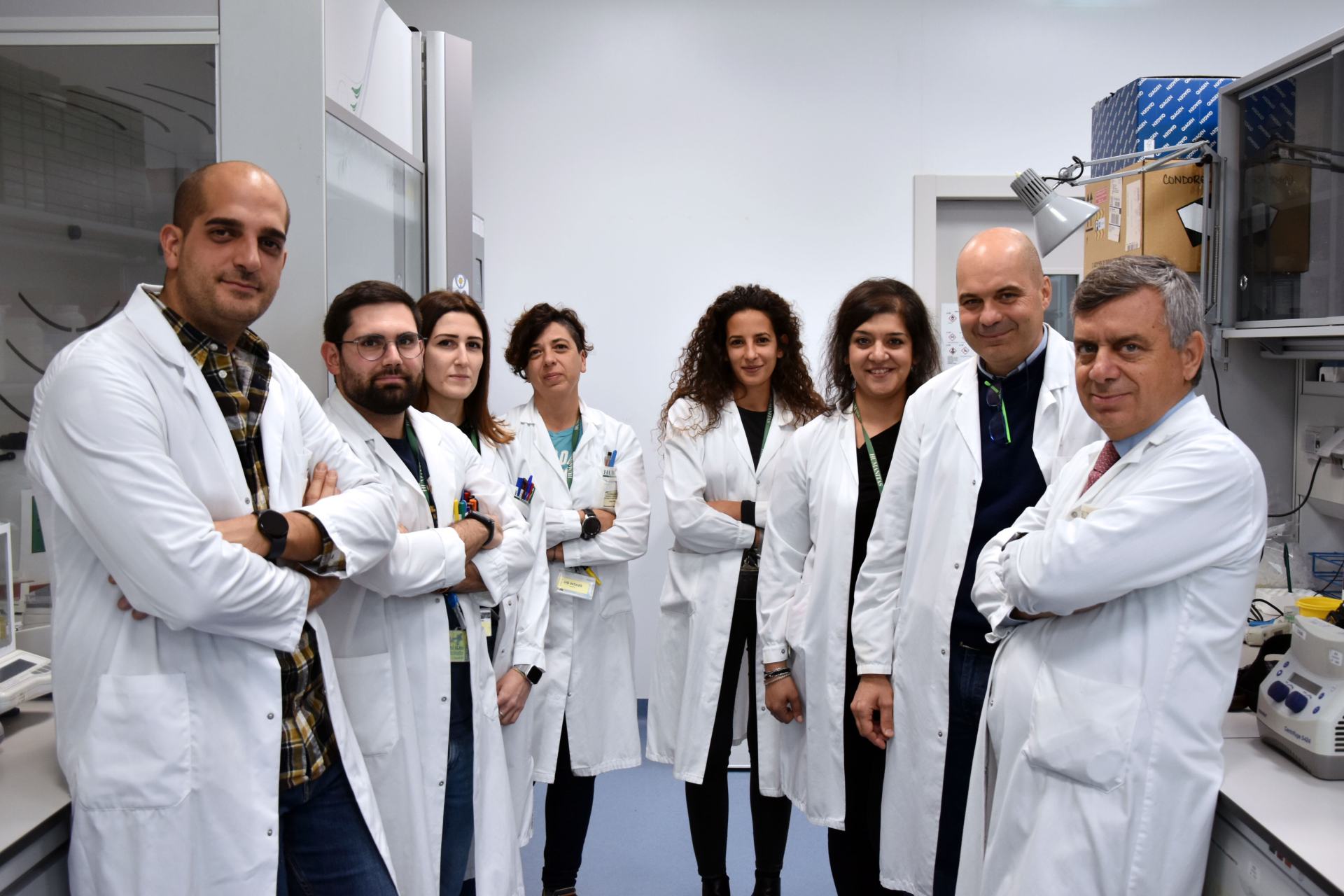New evidence explains why the risk for heart failure increases with aging

A team of researchers discovered a promising molecular target involved in heart failure in the aging heart, giving new hope for improving current therapies
According to the latest scientific results, the link between aging and the increasing risk for heart failure – and often for related cardiac hypertrophy – is a dysfunctional change in the organ’s metabolism, which leaves it without the energy it needs to work at full capacity. In a study published in the journal Circulation Research, scientists identified a gene enhancer that drives the change in metabolism and showed that inhibiting its action can – at least in the experimental model of the disease – improve heart function.
The research was coordinated by Gianluigi Condorelli, director of the Humanitas Cardio Center, head of the Laboratory of Immunology and Inflammation in Cardiovascular Disease and full professor at Humanitas University, in collaboration with Roberto Papait, associate professor at the University of Insubria.
Heart failure: if the heart runs out of fuel
Heart failure is a common yet disabling disease: it affects 600,000 people in Italy alone – 10% of all people over the age of 65 – and it is, in industrialized countries, the leading cause of disability and death in the elderly.
Although there are now several therapies that can slow the progression of heart failure – such as ACE inhibitors, sartans, anti-aldosteronic drugs or beta-blockers – the search for new, more effective therapeutic solutions is one of the main challenges facing cardiology today, and indeed several research laboratories in Humanitas are dedicated to unravel heart failure pathogenic mechanisms.
“Thanks to studies conducted over the past two decades, it has been gradually understood that at the root of heart failure is an energy problem: the failing heart is a heart that has run out of fuel,” Prof. Condorelli explains. “This is even more relevant when you consider that the heart is one of the most energy-consuming organs in the body, along with the brain and the muscular system. To contract on average 60 times a minute, diffusing every millimeter of our vascular system with blood, it needs a lot of energy.”
Not surprisingly, many of the drugs effective against heart failure – such as ACE inhibitors or beta-blockers – work precisely because they allow the heart to conserve energy, i.e. to make better use of the energy resources reduced by the progressing disease. But what causes this reduction in available energy? And why is this more likely to happen during aging?
Researchers unveils one of the regulators of the heart’s energy balance
Its name is p300 and is a so-called gene enhancer. Gene enhancers are regulators of cell behavior because their presence increases the likelihood that certain genes get activated.
Specifically, according to the results of the study published in Circulation Research, p300 – whose availability increases with age – alters the metabolism of heart cells. It does it by simulating a condition of reduced oxygen supply and thus shifting the cells energy needs to glycolysis, a much less efficient source of energy, that ends up leaving the heart out of fuel, contributing to the onset of heart failure.
To test the hypothesis, researchers turned off p300 using a specific inhibitor and partially recovering heart function. Although the study is limited to preclinical models, the findings open up new avenues for research into better treatments for heart failure.
“Despite aging is the primary risk factor for heart failure, the explanation for the causal link has long eluded physicians and researchers. Today we add a new, key piece to this complex puzzle: as we age, epigenetics alters heart cells energy consumption in a detrimental way, but it seems we can stop or at least delay the process. This could be the first step in developing new therapies that reduce the risk of heart failure in old age,” says Roberto Papait.